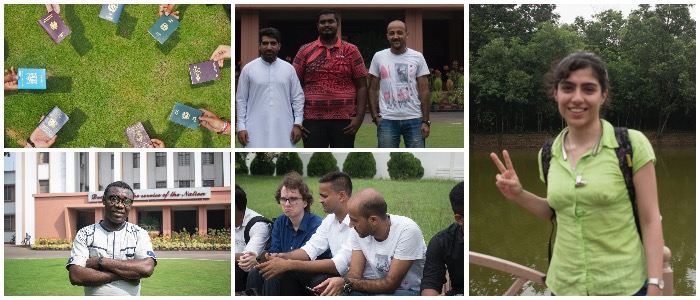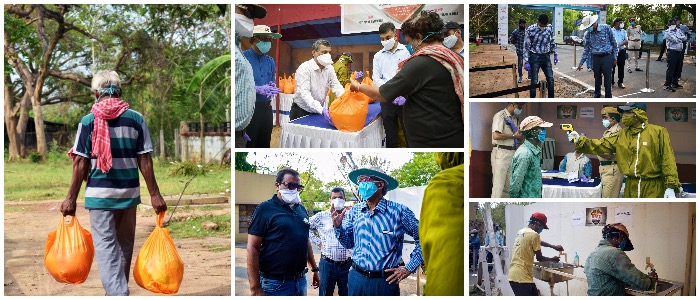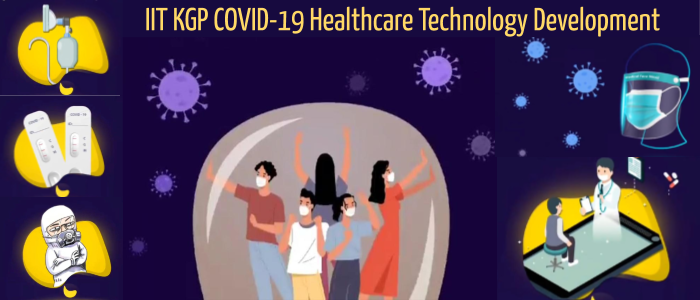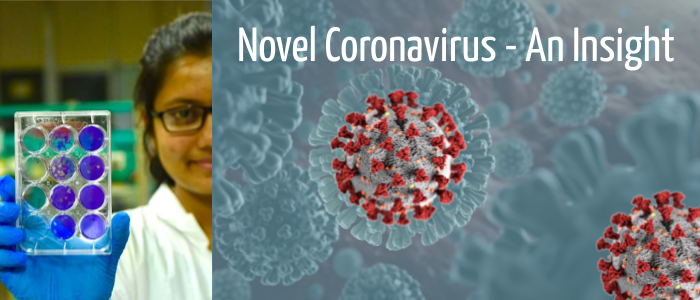
You’re Home: IIT Kharagpur tells international students
Hindustan Times The Week India Today Millennium Post Outlook Economic Times NDTV Jagran An early morning tweet on Earth Day woke up a few students at IIT Kharagpur. A fellow Kgpian student, pursuing internship at Georgia, Atlanta, USA, had tweeted seeking help from the Indian authorities in the lockdown situation. Her friends from IIT Kharagpur got in action and shared her message on IIT Kharagpur’s social media handle. Finally the stranded student was connected with IITKGP Foundation, the alumni body of the Institute in USA, who are now trying to help her reach out…




